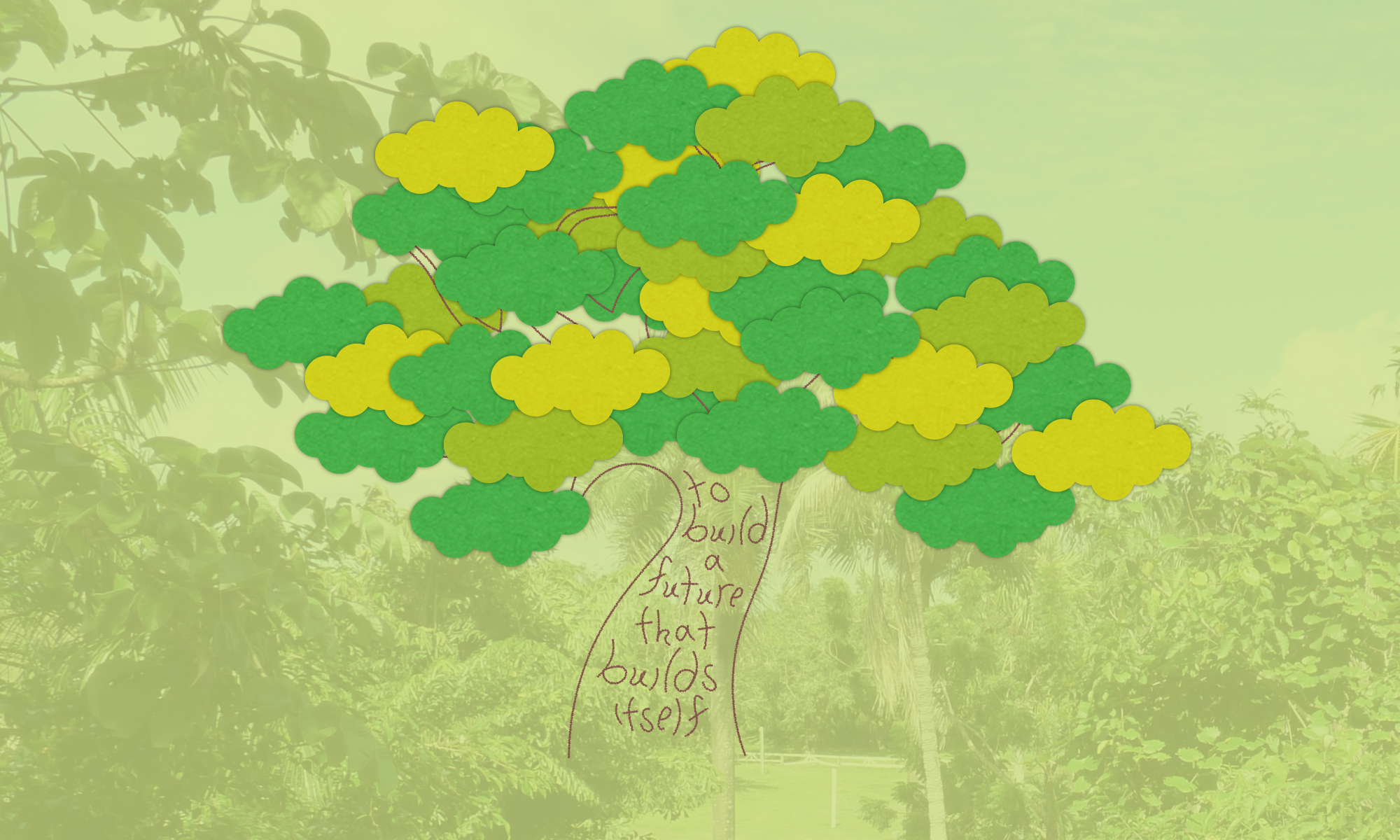Vision & Goals
The word sustainability has rocketed in popularity in recent years, popping up in soundbites in every industry and practice. Princeton’s own Sustainability Office has just celebrated its 10-year anniversary, and most large organizations have some department or roles recognizing its importance. However, the literal definition of the word remains somewhat nebulous and it is practiced in a wide variety of ways.
The Global Development Network was set up with the vision of sustainable international development carried out via grassroots efforts with a long-term involvement. We aim to situate our group within a rural Guyanese community and the partner NGO, Pro Natura, to foster deep understanding of community rights, culture, social practices, and development opportunities.
We work to empower the local community to provide basic rights to their residents and increase the value added to their natural resources, in a way that is environmentally, economically, and socially sustainable.
How We Began
The GDN in its current form began in January 2016, under the guidance of Professor Soboyejo and then-junior, Lucy Tang. It formed out of the alignment of our interests with Pro Natura’s development projects in Region 9 in Guyana. From there, we gathered a group of interested students to work in partnership with Pro Natura and the communities of Region 9.
During the summer of 2016, a travel team of four women headed out to the rural savannah of Guyana, to meet the community and its leaders.
Resources & Infrastructure
Our travel team lived and worked in the Bina Hill Institute, an education and vocational training institution, the brainchild of Dr. Norma Bubier begun with the aid of Pro Natura. The administration and staff were integral to our research and relations-building, providing contact information for local leaders and health workers, as well as assisting us with transportation, room, and board. We are indebted to Bina Hill for their assistance, their local expertise, and their welcome.
Looking Forward
We learned a great deal and were able to collect a lot of community information from our visits. We also collected feedback on our ideas in order to help us refine our goals and approach. The people were incredibly welcoming and forthcoming, and we were able to have all of our questions answered. We also did some water quality testing of various water sources and mapped out the geographical layout of the communities to help our future work here.
We are hoping to expand and improve upon our work by pursuing the water filters project, but also taking a holistic view of the communities given our data and experience to investigate further development projects that might be possible within our partnership. We are also ramping up efforts to fundraise to support our project, and create a sustainable space within Princeton to do our work.
